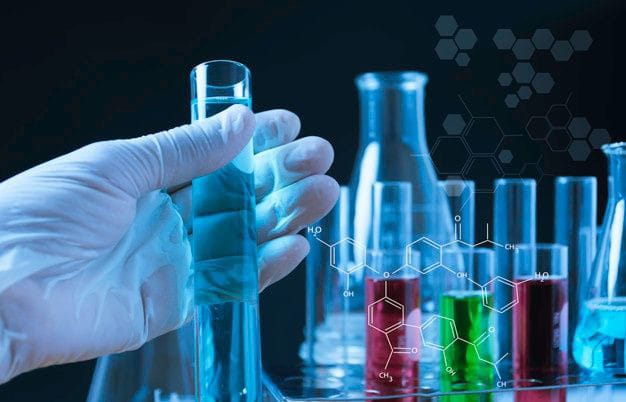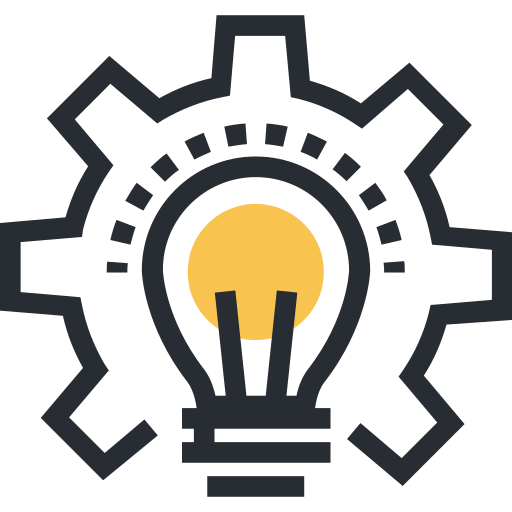Bachelor of Biomedical Laboratory Science for International Students
Our Bachelor of Biomedical Laboratory Science program is designed for international students, offering comprehensive training in laboratory science. The curriculum includes professional studies, internships, and Finnish language courses to enhance your career prospects in Finland. Join us to gain the skills needed for a successful career in biomedical laboratory science.
What does a biomedical laboratory scientist do?
A biomedical laboratory scientist takes various samples, guides patients and healthcare workers, conducts patient examinations and analyses various laboratory samples.Client service, in-depth understanding of the laboratory research process and quality management are core competencies of a biomedical laboratory scientist. A biomedical laboratory scientist takes care of the operational condition of research equipment and devices. A biomedical laboratory scientist is responsible for the well-being and safety of the patient during the examination and works in collaboration with other healthcare professionals.
Biomedical laboratory science is a field of the future that is constantly evolving. New technologies, such as artificial intelligence and genomics, opens up new possibilities for diagnosing and treating diseases.
Overview of the Degree Program
The Bachelor of Biomedical Laboratory Science program spans 3.5 years and comprises 210 ECTS credits. It combines professional studies, hands-on laboratory training, and Finnish language courses. The program is mostly taught in English, making it accessible to international students. The role of Finnish language strengthens in studies as language skills increase. You will gain expertise in laboratory techniques, human cell biology, and sample analysis, preparing you for a successful career in biomedical laboratory science.
Duration and Scope of the Program
The Bachelor of Biomedical Laboratory Science program is a 3.5-year degree, totaling 210 ECTS credits. The curriculum includes comprehensive coursework in laboratory techniques, human cell biology, and sample analysis. Additionally, the program integrates Finnish language studies to support your career development in Finland.
As a biomedical laboratory scientist you will study:
• Taking samples
• Point of Care Testing
• Clinical histology and cytology
• Clinical chemistry and hematology
• Clinical microbiology
• Clinical genetics
• Clinical physiology, neurophysiology and nuclear medicine studies
The studies include group work, lectures, independent and virtual learning, laboratory work, various examinations, and work-based projects. Supervised internship is included in the studies. Finnish language skills are needed in the internships.
Language of Instruction and Finnish Language Studies
The program is primarily taught in English, making it accessible to international students. However, bilingual Finnish language studies are an integral part of the curriculum, with approximately 20 ECTS credits dedicated to language courses. These studies are designed to help you integrate into Finnish society and improve your employment prospects in Finland. Applicants must have the minimum of B2 level in the English language (according to the Common European Framework of Reference for Languages) to be accepted to the programme.
Health and Skill Requirements
To succeed in the Bachelor of Biomedical Laboratory Science program, students must meet specific health and skill requirements. Good vision acuity, normal reading capacity, normal inward movement of both eyes (near point of convergence), as well as normal stereo vision and normal colour vision are essential.
Your way of working should be careful and precise. Continuous self-development is important in the work of a biomedical laboratory scientist. Additionally, students should have strong fine motor skills and the ability to interact effectively with patients. These requirements ensure that you can perform laboratory tasks accurately and safely.
How Biomedical Laboratory Science Differs from Nursing?
Biomedical Laboratory Science focuses on laboratory testing and analysis, essential for diagnosing and monitoring diseases. Unlike nursing, which involves diverse tasks of patient care, this field emphasizes laboratory techniques, sample analysis, and research. This distinction makes it ideal for those interested in the scientific and technical aspects of healthcare.
Qualification
Only a licensed professional with a degree, can work as a biomedical laboratory scientist. After completing the degree, the student applies for the right to practice a profession from the National Supervisory Authority for Welfare and Health Valvira.Biomedical Laboratory Scientist is licensed as a health care professional. The degree corresponds to the criteria set by the Finnish National Degree System for a university of applied sciences degree and the European Framework of Reference for Degrees and Other Competences.
A degree in biomedical laboratory sciences is a professionally oriented bachelor-level university degree. The training meets the requirements of the European Union Directive (2013/55/EU) on the recognition of professional qualifications.
































Leave a Reply